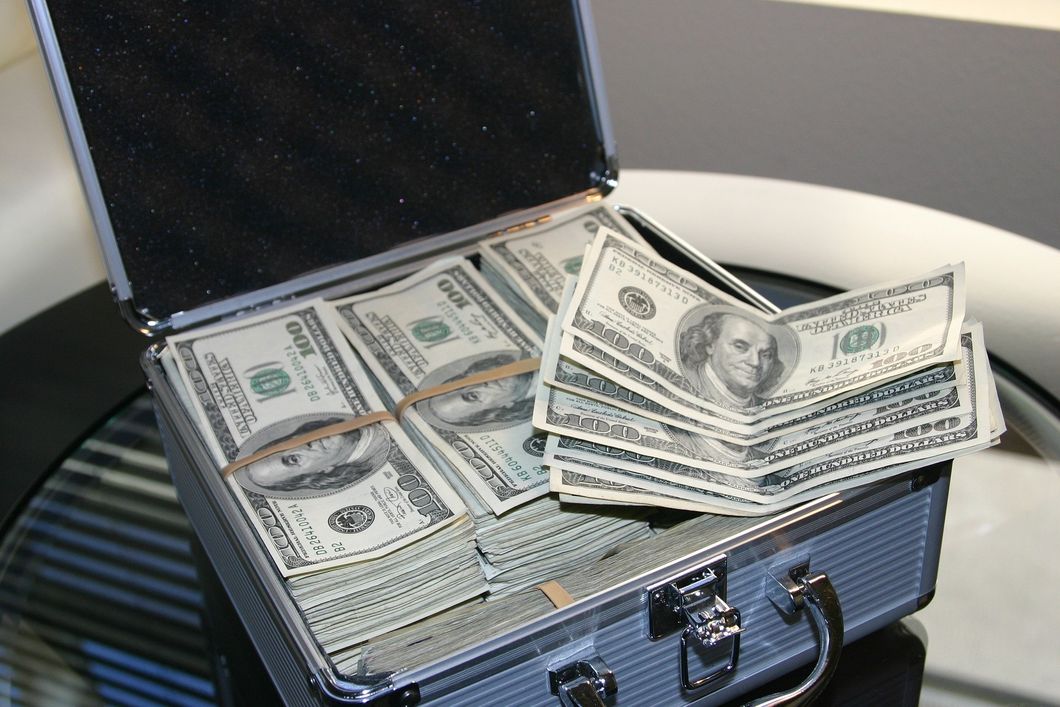Since Bernie Sanders' presidential run in 2016, "grassroots" has been the buzzword for the Democratic party when it comes to their fundraising efforts. Numerous candidates this cycle are shying away from corporate PACs, special interests and large donors in exchange for campaigning on a grassroots message.
Regardless of this message, incumbent Republicans continue to out raise their opponents by unbelievable margins. While it is low hanging fruit to run a social media or TV campaign ad on how your opponent takes large donations, at the end of the day your opponent still has more money than you.
In the news, we read about the underdogs and exceptions to be out raised like Alexandria Ocasio-Cortez who won over Rep. Joe Crowley. Most of Mr. Crowley's donations came from donations of $2000 or more and most of Ms. Ocasio-Cortez's donations were under the $200 reporting requirements. Alexandria's platform does include a "clean campaign finance" promise like many other candidates, but Ocasio-Cortez had the advantage that her incumbent was no longer involved in the community as much as he should have been and was too worried about national politics to worry about his own community.
This is not the case for many Democratic challengers who face Republican incumbents that are involved in their district or state and are aware of the challenges facing their constituents. Taking money from PACs and large donors does not mean that your campaign is automatically controlled by that money, but can give you the financial base you need to be politically competitive.
The cases for and against corporate PACs are both well reasoned, but while they are still around, they should not be ignored. Personally, I believe that corporate PACs should be allowed to support candidates just like any other political action committee, like the one I run called Friends of Intelligent Democracy, but should be subject to transparency regulations that prevent "dark money" expenditures.
I justify my opinion with the fact that areas of policy, especially trade policy, can drastically affect companies and they should be able to support and oppose companies that do not align with a company's values. For example, if Congress announced tomorrow that they were planning to ban cell phones in the United States, companies like Apple and Samsung should be able to support candidates that would oppose the ban as it could lead to detrimental effects for the over eighty thousand Apple employees in the United States.
Corporate PACs allow for companies who employ hundreds of thousands people to advocate not only the behalf of the company's interest but their employees' interests as well. Companies like Boeing and Coca-Cola have even set up matching gift programs for employees to help advance both political and nonprofit causes. Double the Donation explains the process in detail, but the summary is that any employee would be able to write a check to the company's PAC and the company would write a check to the charity of the employee's choice that can be two or three times the initial donation of the employee. Using Coca-Cola as an example again, the company focus their matching gift programs on causes that focus on environmental causes.
Understandably, much of the disdain for corporate PACs often comes from the side of the aisle that is not feeling the love. Currently, Democrats oppose their involvement in the political process, but it is safe to assume that if companies started donating thousands of dollars to Democratic candidates and liberal Super PACs, the negative connotation would start to go away. For Democrats to be as successful as they can be in November, candidates need to be ready to fundraise like their race depends on it, because at the end of the day it does.

















